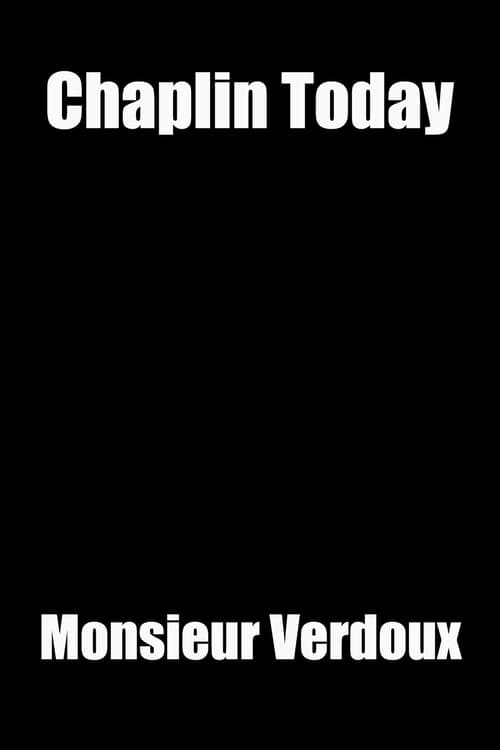
 Disclaimer - This is a news site. All the information listed here is to be found on the web elsewhere. We do not host, upload or link to any video, films, media file, live streams etc.
Kodiapps is not responsible for the accuracy, compliance, copyright, legality, decency, or any other aspect of the content streamed to/from your device.
We are not connected to or in any other way affiliated with Kodi, Team Kodi, or the XBMC Foundation.
We provide no support for third party add-ons installed on your devices, as they do not belong to us.
It is your responsibility to ensure that you comply with all your regional legalities and personal access rights regarding any streams to be found on the web. If in doubt, do not use.
Disclaimer - This is a news site. All the information listed here is to be found on the web elsewhere. We do not host, upload or link to any video, films, media file, live streams etc.
Kodiapps is not responsible for the accuracy, compliance, copyright, legality, decency, or any other aspect of the content streamed to/from your device.
We are not connected to or in any other way affiliated with Kodi, Team Kodi, or the XBMC Foundation.
We provide no support for third party add-ons installed on your devices, as they do not belong to us.
It is your responsibility to ensure that you comply with all your regional legalities and personal access rights regarding any streams to be found on the web. If in doubt, do not use.
 Kodiapps app v7.0 - Available for Android.
You can now add latest scene releases to your collection with Add to Trakt. More features and updates coming to this app real soon.
Kodiapps app v7.0 - Available for Android.
You can now add latest scene releases to your collection with Add to Trakt. More features and updates coming to this app real soon.


Working men and women leave through the main gate of the Lumière factory in Lyon, France. Filmed on 22 March 1895, it is often referred to as the first real motion picture ever made, although Louis Le Prince's 1888 Roundhay Garden Scene pre-dated it by seven years. Three separate versions of this film exist, which differ from one another in numerous ways. The first version features a carriage drawn by one horse, while in the second version the carriage is drawn by two horses, and there is no carriage at all in the third version. The clothing style is also different between the three versions, demonstrating the different seasons in which each was filmed. This film was made in the 35 mm format with an aspect ratio of 1.33:1, and at a speed of 16 frames per second. At that rate, the 17 meters of film length provided a duration of 46 seconds, holding a total of 800 frames.

Film-maker Michael Ogden re-examines the case of Dennis Nilsen, asking why his victims are all but forgotten today and speaking to police officers who reveal regret over the premature closure of the investigation.
With a movie camera mounted in the passenger seat of his car, Andy Anderson drove around filming his local neighbourhood of Fort Worth, Texas. The procession of sunny lawns and quiet houses has a day-dreamy innocence, however on the soundtrack, a narrator recites from the police records of over 600 crimes committed in the area. Domestic violence, petty theft, drug related assault; the list of vicious and hapless actions unfolds randomly, "a woman said her husband punched her in the face when he asked her for ten dollars and she didn't have the money. theft; two lawnmowers.." In a powerful counterpoint of sound and image Drive By Shooting creates a two hour-long surveillance film that misses all the action, yet evokes a sense of vulnerability on the streets and violence behind closed doors.

Director Chung Ji-Young criticizes the thought that older directors have difficulties in making certain movies. Actress Yoon Jin-Seo agonizes over her identity as an actress. In 2009, before the movie "Unbowed" was made, they met and planned a documentary about Korean movies, including the processes a Korean movie goes through and difficulites. "Ari Ari the Korean Cinema" is a documentary with interviews of Korean directors, actors and actresses.

A light hearted romantic-road comedy produced by Big Band Story in association with the French TV network TF1. The film had its world premiere in Festival de la Fiction TV, La Rochelle. The film stars popular French TV stars Rayane Bensetti, Lucie Lucas, Cécile Rebboah & Xavier Robic.

A Portland taxi dancer is a suspect in a series of murders involving her former customers.

Walker investigates a murder connected with a missing government weapon. In addition, he tries to track down a teen on the run from a crime syndicate.

This documentary about serial killers and FBI Behavioral Sciences profilers features interviews with Ed Kemper and Ted Bundy as well as crime victims and law enforcement officials. The film includes some dramatic recreations.

A look at the life and work of Christina Lindberg, the most famous Swedish model of the 1970s and star of exploitation cinema.